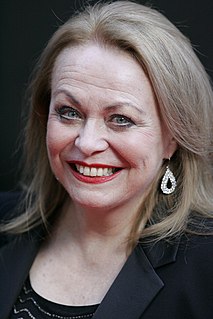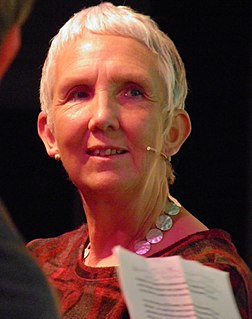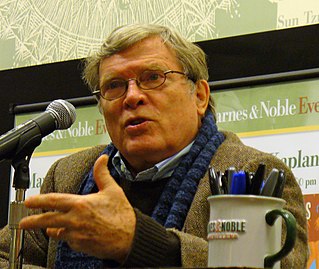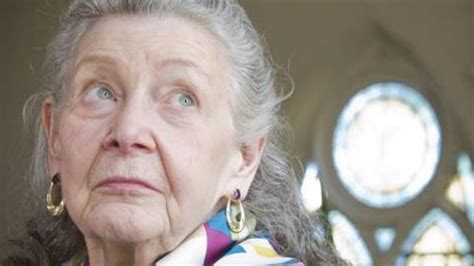A Quote by Kenneth Branagh
My experience of great storytelling, working with classics, is just finding a way to present it simply but let the story do its own work, or be an invite to the audience's imagination.
Related Quotes
Since each story presents its own technical problems, obviously one can't generalize about them on a two-times-two-equals-four basis. Finding the right form for your story is simply to realize the most natural way of telling the story. The test of whether or not a writer has defined the natural shape of his story is just this: After reading it, can you imagine it differently, or does it silence your imagination and seem to you absolute and final? As an orange is final. As an orange is something nature has made just right.
The papers that flourish will be papers that serve a national audience. Papers that have figured out how to make the transition to the electronic platform that aren't simply providing a duplicate experience of the words on paper experience, but are doing something that arises organically from the new electronic medium. It's really just a matter of finding the right platforms for the way people want to read newspapers. I mean, maybe it will be the iPhone. But one way or another, newspapers on paper are just not really going to exist to any significant degree within a decade.
When you're editing, you're putting it together in a way that makes sense metaphysically. You're not inventing it, but you're finding the story that's there. You're making a play that's eventually going to go on stage and present itself to an audience. You want to show what happened, not exactly what you have evidence of happening.
To achieve the intimacy between performer and audience in storytelling, I feel like I have to let the audience in on my emotional state, not just, "Here's a story I'm going to tell by rote, and you're just going to listen to it, because I'm such a wonderfully entertaining fellow." It's the idea of sharing enough of myself that it's not just all about, "Look at me, look at me." There's an element to it of, "You understand what I'm talking about, right? You've been in this place that I've been in," which makes it a richer experience.
Storytelling is at the heart of life... In finding our own story, we assemble all the parts of ourselves. Whatever kind of mess we have made of it, we can somehow see the totality of who we are and recognize how our blunderings are related. We can own what we did and value who we are, not because of the outcome but because of the soul story that propelled us.
You can put the camera in places where you may not necessarily be able to put it there if I don't do the stunt. If it's character and it's storytelling, then we do it. We design the things around me. I don't do it just to do a stunt. It's storytelling for me and how I can best bring the audience into the action, bring the audience into the story. And that's how we always look at at.
I think when you're younger, as an actor you have much more of a notion that you are doing something to the audience. But with experience, I think you begin to worry less about what the audience's experience is and concentrate on working with the other actors, and that tends to let the audience do more work.
As a filmmaker, I believe in trying to make movies that invite the audience to be part of the film; in other words, there are some films where I'm just a spectator and am simply observing from the front seat. What I try to do is draw the audience into the film and have them participate in what's happening onscreen.
I still have a pretty lively audience in German and across Europe. And I continue to say, 'Thank you, God,' for making me smart enough to avoid getting hit by trucks and going out and finding myself an audience abroad. Which includes Asia - from Jakarta to Japan. Working hard at finding an audience abroad.




































